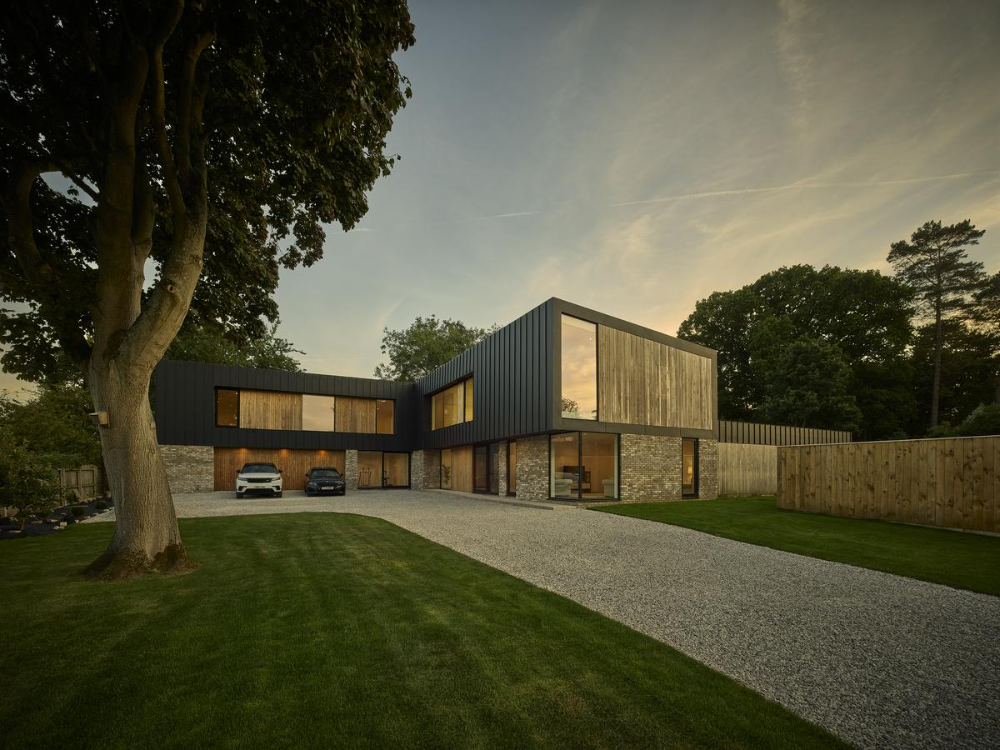
An extended family house is a type of home that accommodates multiple generations of a family living together under one roof. This style of living offers numerous benefits, such as increased support, financial savings, and stronger family bonds. Extended family houses typically have separate living spaces or suites for different generations while also providing shared common areas for gatherings and activities. This arrangement allows for privacy and independence while fostering a sense of togetherness and support. Additionally, living in an extended family house can provide a sense of security and stability, as family members can rely on each other for emotional and practical support. Overall, extended family houses offer a unique and rewarding living experience for those who value close family connections and intergenerational relationships.
Extended family households have become increasingly popular in recent years as more and more families opt to live together under one roof. This living arrangement typically includes multiple generations living together, such as grandparents, parents, and children. There are many benefits to living in an extended family household, including increased support and companionship for all family members. Additionally, living together can help reduce financial strain by pooling resources and sharing expenses. This can be especially helpful in today’s economy, where the cost of living continues to rise.
Another advantage of extended family households is the opportunity for different generations to learn from one another. Grandparents can pass down their wisdom and knowledge to their grandchildren, while younger family members can provide a fresh perspective on the world to their older relatives. This intergenerational bonding can help strengthen family relationships and create a sense of unity and belonging. Additionally, living in a multigenerational household can provide a built-in support system for all family members, offering emotional support and practical help when needed.
Extended family households can also help alleviate some of the pressures of modern-day living, such as childcare and eldercare responsibilities. With multiple generations living together, family members can share the workload of caring for children and elderly relatives, making it easier for everyone involved. This can help reduce stress and improve overall quality of life for all family members. Furthermore, by living in close proximity to one another, extended family members can enjoy regular family gatherings and celebrations, fostering a sense of community and togetherness that is often missing in today’s fragmented society.
In conclusion, extended family households offer a wide range of benefits for all family members involved. By sharing living spaces, resources, and responsibilities, families can create a support system that enhances their quality of life and strengthens their relationships. With the rise of extended family households, more and more families are choosing to embrace this traditional living arrangement as a way to stay connected and united in an increasingly fast-paced and disconnected world.
 home decor trends
home decor trends



